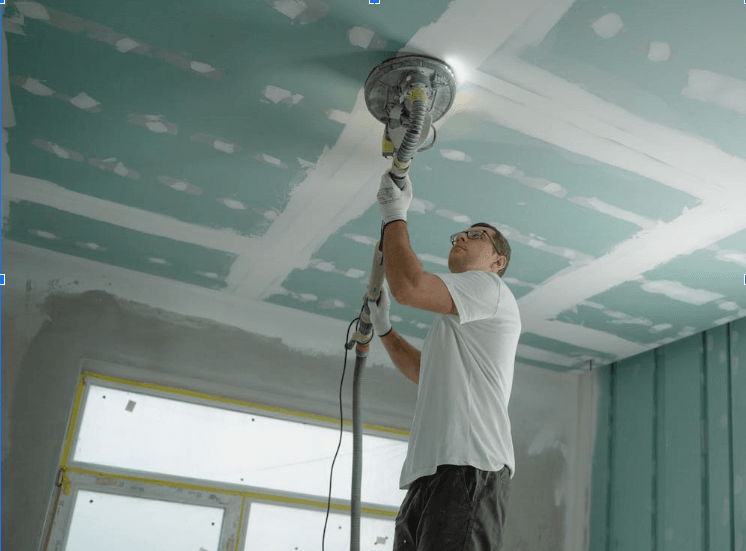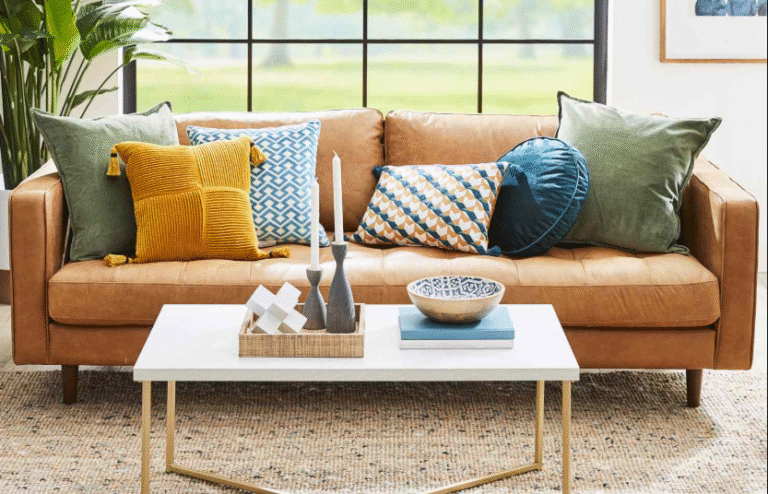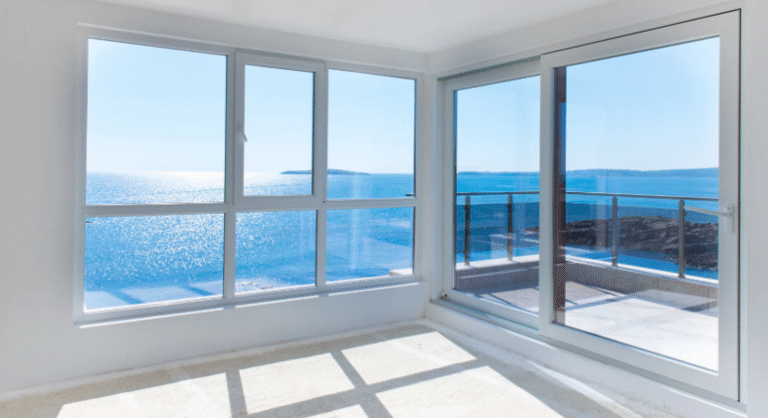The Future of Natural Lighting: Smart Commercial Skylight Domes
Introduction
Building your own home is one of life’s most rewarding achievements. Unlike buying a pre-built house, constructing a custom home offers the unique opportunity to design a space tailored specifically to your lifestyle, tastes, and future needs. To turn this vision into reality, the most critical decision you’ll make is hiring the right custom home builder.
This guide explores everything you need to know about working with a custom home builder—from what they do and why you need one, to how to choose the best builder for your project and the steps involved in custom home construction.
What Is a Custom Home Builder?
A custom home builder is a specialized professional or construction company that builds homes according to a client’s unique specifications rather than mass-producing identical homes. These builders offer a highly personalized building experience, working closely with you throughout the entire process—from site selection and design to construction and final handover.
Unlike production builders who build homes from a set selection of floor plans in new developments, custom home builders provide:
- Personalized floor plans
- Tailored features and finishes
- Flexible layouts and architectural designs
- Site-specific engineering and planning
- One-on-one project management and consultation
Benefits of Hiring a Custom Home Builder
1. Personalized Design and Layout
With a custom home builder, you’re not confined to standard designs. Whether you want an open-plan kitchen, a home office, a multi-generational layout, or an eco-friendly build, your home is crafted specifically for your preferences.
2. Site Optimization
A professional builder will assess your chosen land and design the house to maximize natural light, ventilation, views, privacy, and energy efficiency.
3. Quality Materials and Craftsmanship
Custom builders typically offer greater flexibility in choosing high-quality materials, fixtures, and finishes. You’re involved in selecting the details that reflect your style and long-term goals.
4. Transparency and Control
Throughout the process, you’re in control of decisions, budget allocation, and timelines. Regular communication with your builder ensures that you remain informed at every stage.
5. Long-Term Value
A well-designed custom home can offer better energy efficiency, superior craftsmanship, and features that enhance comfort and resale value.
The Custom Home Building Process
Building a custom home involves a series of carefully coordinated steps. A custom home builder guides you through each stage, ensuring that the project progresses smoothly from concept to completion.
See also: How to Find the Right Custom Home Builder for Your Perfect Home
Step 1: Consultation and Concept Planning
Your journey begins with an initial consultation. Here, the builder learns about your vision, lifestyle, budget, and land (if already purchased). Some key discussions at this stage include:
- Desired layout and number of rooms
- Architectural style (modern, traditional, coastal, etc.)
- Preferred materials and finishes
- Lifestyle needs (home office, outdoor space, multigenerational living)
Step 2: Land Evaluation
If you haven’t purchased land yet, a builder can help evaluate potential sites, advising on:
- Slope, soil, and drainage
- Sun orientation and views
- Local zoning and setback rules
- Utility access and infrastructure
This ensures your home design fits seamlessly into the environment and complies with local regulations.
Step 3: Design and Floor Plans
Collaborating with architects or in-house designers, your builder develops custom floor plans and elevations. You’ll review and refine layouts, room sizes, cabinetry, lighting, and more.
At this point, builders often use 3D models and virtual walkthroughs to help you visualize the design.
Step 4: Budget and Contracts
Once the design is finalized, the builder provides a detailed cost estimate, including allowances for materials, fixtures, appliances, and labor.
You’ll sign a building contract outlining:
- Total costs
- Project timeline
- Payment schedule
- Warranty information
- Terms and conditions
Step 5: Permits and Approvals
Before construction begins, your builder will obtain necessary permits and submit plans to local authorities. This may include:
- Development Application (DA)
- Building Permit
- Engineering and energy efficiency certifications
- Compliance with environmental or heritage overlays
Step 6: Construction
With approvals in place, construction begins. A typical custom home build includes:
- Site preparation and foundation work
- Framing and roofing
- Electrical, plumbing, and HVAC installation
- Insulation and drywall
- Exterior and interior finishes
- Flooring, cabinetry, fixtures, and paint
Throughout construction, you’ll attend site visits and meetings to monitor progress and discuss adjustments.
Step 7: Final Walkthrough and Handover
Once the build is complete, a final inspection ensures everything meets your expectations and complies with building codes. The builder provides warranties, certificates, and maintenance documentation before handing over the keys to your new home.
Custom vs. Production Home Builders: Key Differences
| Feature | Custom Home Builder | Production Home Builder |
| Design | Fully customized | Pre-designed floor plans |
| Flexibility | High | Limited |
| Site Options | Any land you own | Builder-owned lots only |
| Price | Higher, but value-driven | Lower, standardized pricing |
| Build Time | Longer due to personalization | Faster due to streamlined processes |
| Client Involvement | High | Low to moderate |
Custom home building requires more involvement and decision-making, but the result is a unique home tailored to your vision.
How to Choose the Right Custom Home Builder
Selecting the right builder can make or break your project. Here are key criteria to evaluate:
1. Experience and Portfolio
Look for a builder with a strong track record in custom homes. Review their portfolio for style, diversity, and quality.
2. Licensing and Insurance
Ensure the builder is properly licensed and insured. This protects you from legal issues, structural defects, or injuries during construction.
3. Transparent Communication
A good builder keeps you informed with regular updates and honest feedback. Strong communication is critical for timely and smooth project execution.
4. References and Reviews
Ask for client references and read online reviews. Past client experiences can offer valuable insights into a builder’s reliability and craftsmanship.
5. Contract and Warranty Clarity
Review all documents carefully. Understand your rights, the payment schedule, timelines, and what is covered under the warranty.
Common Mistakes to Avoid
1. Underestimating Costs
Many homeowners forget to budget for landscaping, furnishings, upgrades, or permit fees. Keep a contingency fund of at least 10–15% of your budget.
2. Rushing the Design Phase
Take your time refining your plans before construction begins. Changes mid-construction can cause delays and added costs.
3. Ignoring Site Conditions
A beautiful design may not work on a sloped or narrow lot. Be sure your home fits your land.
4. Choosing Price Over Quality
While cost matters, cheaper builders may cut corners. Focus on value, not just the lowest bid.
Cost of Building a Custom Home
Custom homes can vary greatly in cost depending on:
- Size and number of floors
- Design complexity
- Site conditions
- Materials and finishes
- Location and labor rates
As a rough guide (in Australia):
| Type | Cost (AUD per m²) |
| Basic Custom Home | $2,000 – $3,000 |
| Mid-Range Custom Home | $3,000 – $4,000 |
| Luxury Custom Home | $4,500 – $6,000+ |
Always request a detailed cost breakdown to understand where your money is going.
Sustainable and Smart Building Options
Modern custom home builders offer sustainable and smart living solutions such as:
- Solar power integration
- Rainwater harvesting systems
- Passive heating and cooling
- Energy-efficient lighting and insulation
- Smart home automation (security, lighting, temperature control)
Ask your builder about eco-friendly options that align with your values and reduce long-term utility costs.
Final Thoughts
A custom home builder plays an essential role in bringing your dream home to life. From tailored design and quality craftsmanship to budget control and stress-free construction, the right builder ensures your home reflects your lifestyle and stands the test of time.
Investing in a custom home is not just about building a house—it’s about creating a living space that meets your needs today and adapts to your future. Choose your builder wisely, ask questions, and enjoy the creative journey of building a truly personalized home.






